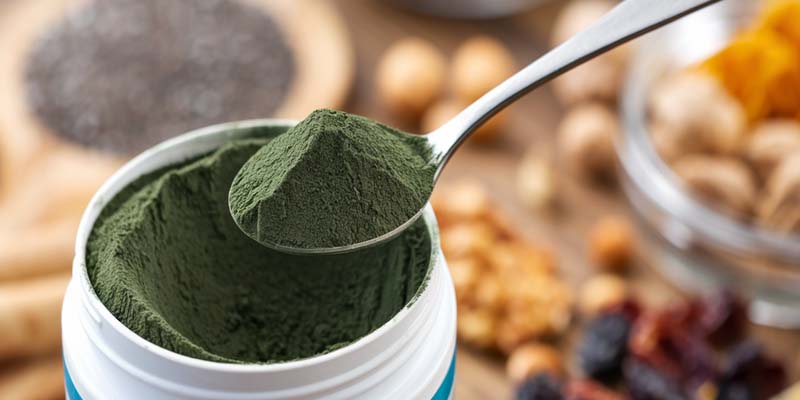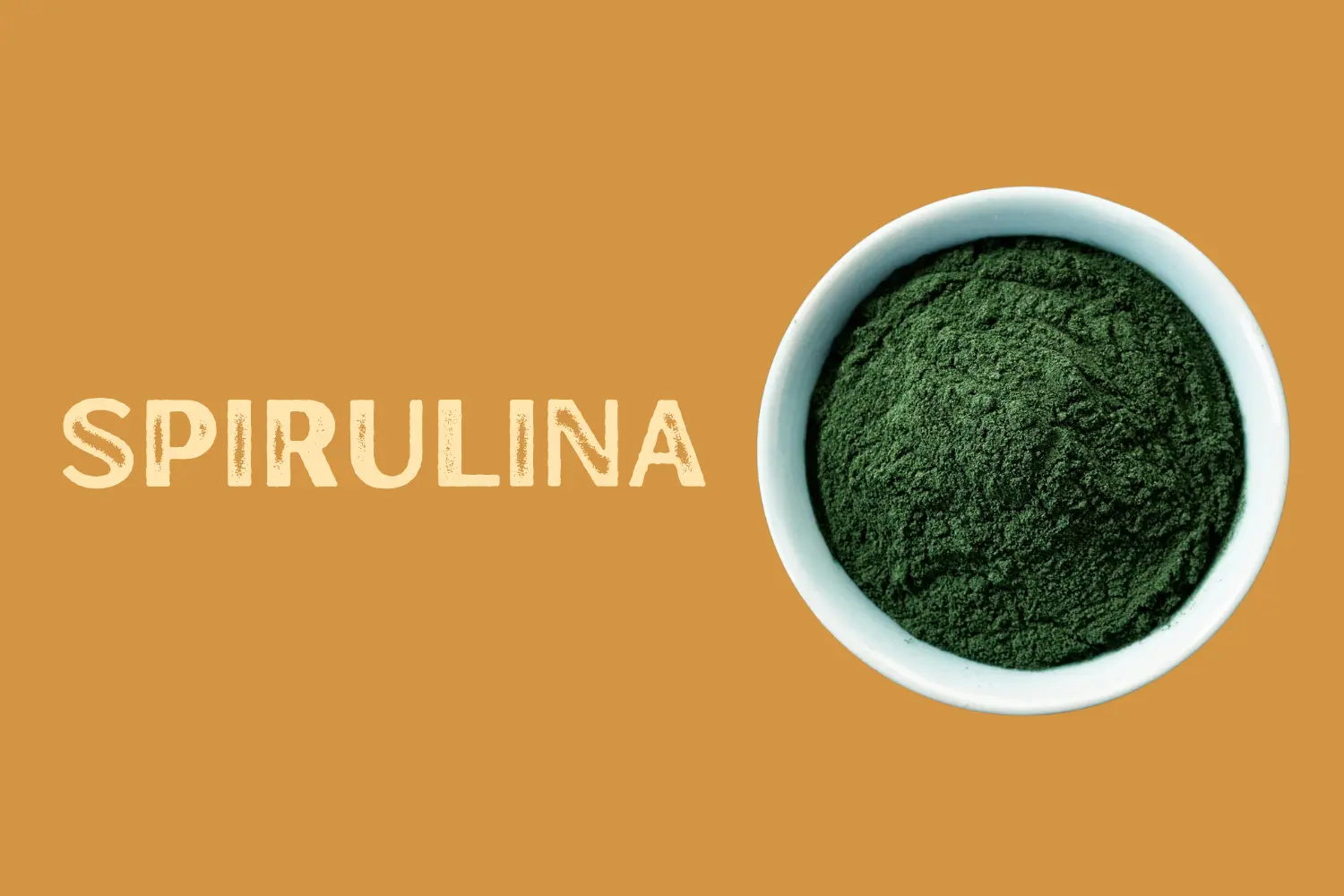What Is Spirulina?
Spirulina is a type of algae that grows in both fresh and saltwater. It has become a widely popular supplement, available in tablet, powder, and liquid form. People use spirulina for its incredible health benefits, thanks to its rich nutrient profile and antioxidant properties. This blue-green algae is a member of the cyanobacteria family, also known as blue-green algae. Just like plants, cyanobacteria can harness sunlight and turn it into energy through a process called photosynthesis.
Is Spirulina Macro Algae? Although it is a type of algae, spirulina is not classified as a macroalga, as it is microscopic in size. Spirulina is often hailed for its high protein content, as well as its abundance of vitamins and minerals, making it a top choice for health-conscious individuals. But not all spirulina is the same, so understanding its unique properties is key to unlocking its full health potential.
Types Of Spirulina
Spirulina is available in several forms, including powdered, tablet, and liquid. Each form has its advantages, depending on your lifestyle and health goals.
- Powdered Spirulina: This versatile form can be added to smoothies, juices, or even recipes. It’s great for those who want to incorporate spirulina into their meals in various ways.
- Tablets: These are perfect for people on the go. Tablets offer a quick and convenient way to get your daily dose of spirulina without any hassle.
- Liquid Spirulina: Known for its rapid absorption, liquid spirulina may be ideal for those looking for fast nutrient delivery.
Spirulina – Uses & Who Should Take It?
Spirulina is more than just a supplement. It plays an important role in various industries, including food, pharmaceuticals, biofuel, cosmetics, and agriculture. You’ll find spirulina in products like snacks, cookies, functional drinks, dairy items, pasta, oils, and dietary supplements. It’s even used as a natural dye and in animal feed.
Spirulina is recognized as a superfood by the World Health Organization (WHO) and has been used by NASA during space expeditions. Its incredible nutrient density also helps combat malnutrition in different parts of the world. It’s a versatile supplement for anyone looking to improve their overall health and wellness.
The Health Benefits Of Spirulina
Spirulina is packed with essential nutrients, making it beneficial for a wide range of health concerns. Its rich protein content is great for muscle repair and overall body function. The algae also contains high levels of antioxidants, which help protect the body from oxidative stress and inflammation.
Some of the key benefits of spirulina include:
- Boosting the Immune System: Spirulina strengthens the body’s immune defenses, making it a great option for anyone looking to stay healthy.
- Supporting Heart Health: Regular consumption of spirulina has been shown to improve cardiovascular function, making it a heart-friendly supplement.
- Assisting Weight Loss: Due to its high protein content, spirulina can help reduce hunger and cravings, making it useful for those looking to manage their weight.

Is Spirulina Safe For Everyone?
Spirulina is considered safe for most people, but as with any supplement, it’s important to consult a healthcare professional before adding it to your routine, especially if you have any existing health conditions or are on medication. Quality matters too; be sure to choose spirulina from reputable sources to avoid contamination with harmful substances.
Is Spirulina Macro Algae?
Spirulina is a type of algae that is often confused with macroalgae due to its aquatic nature. However, spirulina is not a macroalga. While macroalgae, like seaweed, are large and visible to the naked eye, spirulina is a microscopic organism. It belongs to the cyanobacteria family, also known as blue-green algae, and is considered a microalga.
Unlike macroalgae, which can grow in large, visible clusters, spirulina thrives in warm, alkaline waters and is harvested primarily for its rich nutritional content.

